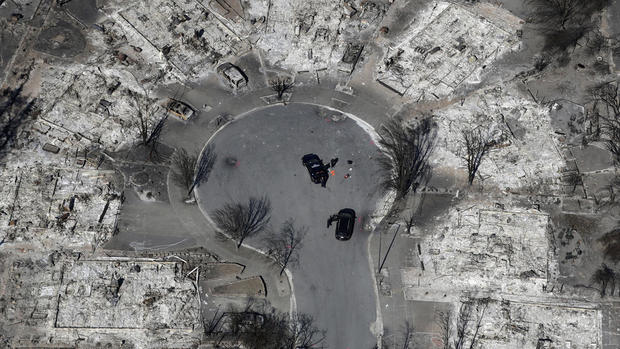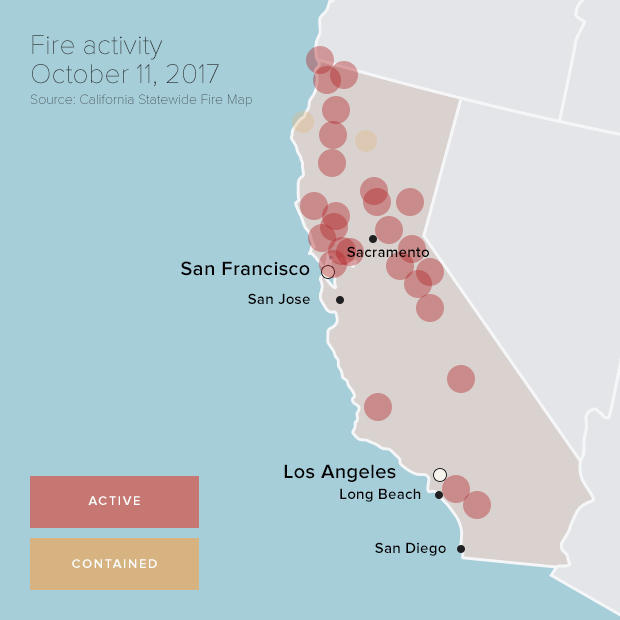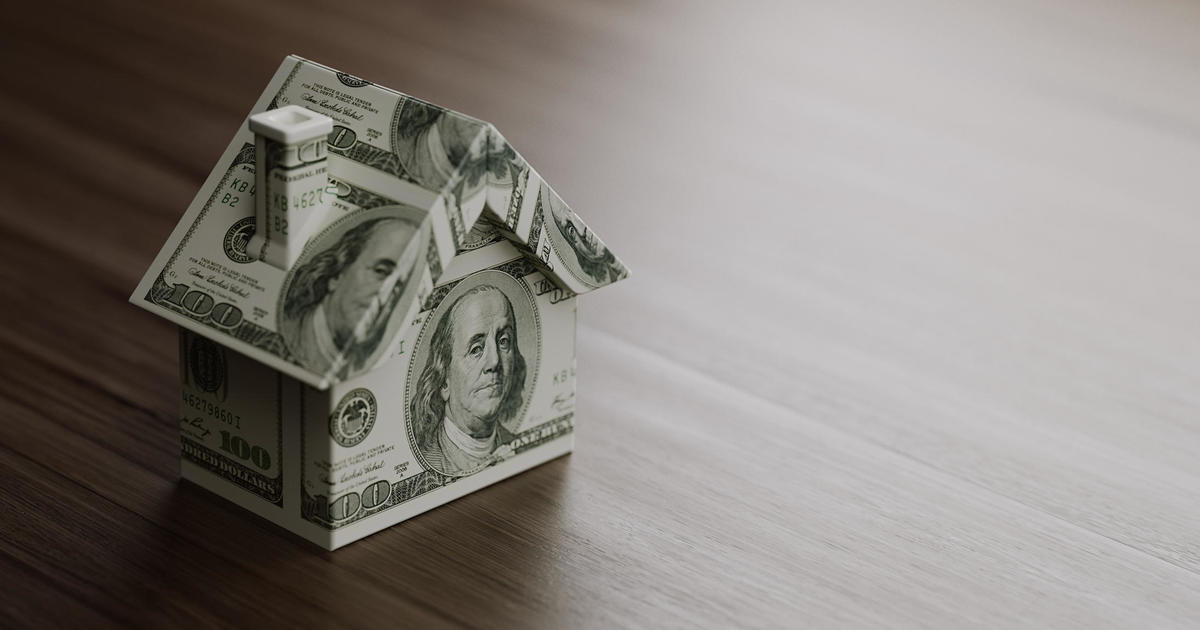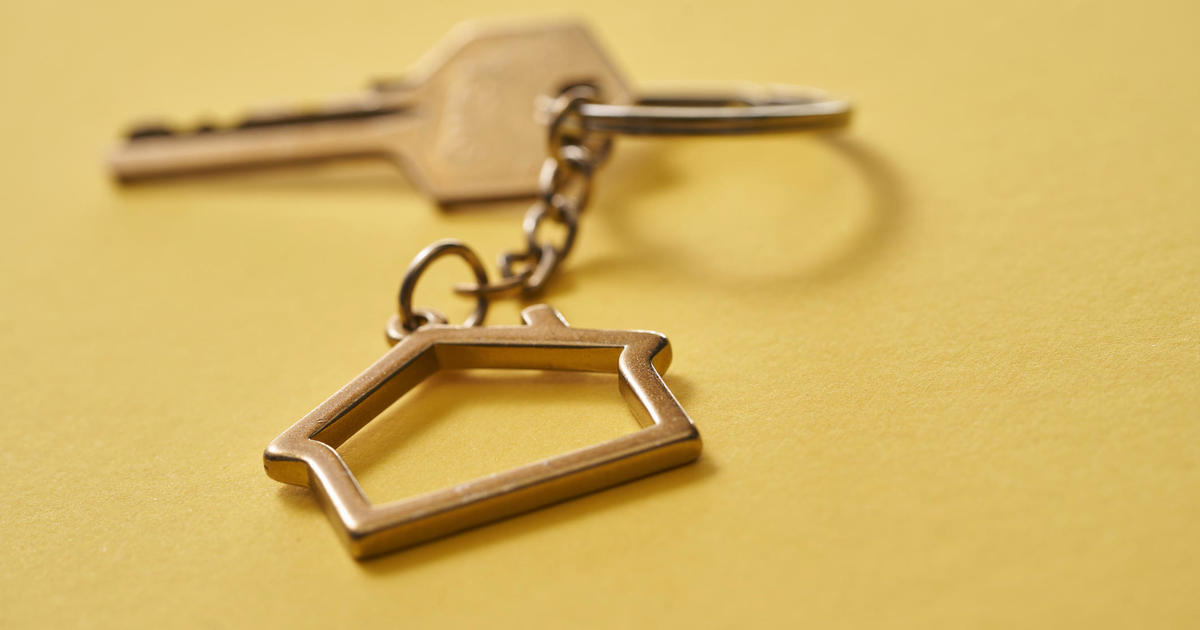California wildfires: Financial steps to take before and after disaster hits
As the deadliest wildfires in California history rage on almost entirely uncontained, nearby residents are girding for possible evacuation. That preparation naturally includes steps to physically protect your home -- from shutting (and leaving unlocked) the windows and doors to turning off the gas and keeping exterior and interior lights on so that firefighters can see your house in smoky conditions or at night.
Yet anyone facing a wildfire or severe weather event should also leave time to gather documents and information that will help them recover from the catastrophe's financial impact as quickly and fully as possible. Here's a rundown of steps to take, focused on the approach of a wildfire.
Know your coverage
The insurance policies you have in place as a wildfire approaches is the one you're stuck with, for better or for worse. You'll likely won't be able to change your policy or increase your coverage until the flames have passed, and even then you won't be able to make retroactive changes. Still, it's important to know what your policies cover (and don't cover) and the amount of your deductibles -- what you must pay out-of-pocket before the insurance kicks in.
Your house: Most standard homeowner's policies cover fire damage and destruction, even from wildfires, and will pay to rebuild or repair your home, including other structures on your property. There are some wildfire-prone areas that home insurers don't cover with regular policies. In those cases, you will have been sold a standalone fire or dwelling policy. These policies insure the structure of the home and its contents against perils that include wildfires.
Your possessions: Your homeowner's, renters or standalone dwelling policy also covers any belongings lost or damaged in the wildfire, including theft or vandalism in the wake of the fire. For dwelling policies, protection from theft or vandalism may be an optional addition. Homeowner's and dwelling policies also cover landscaping, up to a maximum.
Living expenses: If you can't live in your home because of the damage, your homeowner's, renter's or dwelling policy will reimburse you for additional living expenses (ALEs) such as hotel rooms, restaurant meals and clothing expenses while your home is repaired or rebuilt. Evacuation costs are typically not covered as additional living expenses -- even if the evacuation is mandatory, as it was in many areas of California due to the wildfires -- but recent exceptions were made for Hurricanes Katrina and Sandy.
Your car: Your vehicle is covered under the comprehensive portion of your auto insurance policy if you elected to have it. The comprehensive policy protects your car against fire damage and vandalism, as well as such perils like falling trees.
Prepare to evacuate
Pack up your car with your most valued possessions, your important documents and an emergency supply kit. Park your car outside your garage in the driveway facing the street with the doors and windows closed. Keep your car keys with you at all times.
Important documents: Take driver's licenses, passports, Social Security cards, birth certificates and marriage licenses with you. Pack extra checks and credit cards that you don't regularly carry in your wallet to keep them safe from thieves after the wildfire. Take a list of all your financial institutions (banks, credit card issuers, mortgage and auto lenders, brokerage and retirement plan providers) with account numbers and contact info. Have a detailed list of your personal belongings along with any purchase receipts or appraisals as proof of value for insurance claims. Include photos of cherished or valuable items. If you don't have any photos, snap pictures with your smartphone or use the video feature to record a walk-through of your belongings in your home. Send all lists, copies of official documents, photos and videos to yourself electronically for easy access later.
Respond quickly
Once you know your house has been damaged or destroyed by the wildfire, contact your insurer as soon as possible, so an adjuster can assess the damage. You will need to fill out a "proof of loss" form that lists every damaged item, when it was purchased and approximate cost to repair or replace. This is when your list of belongings will come in handy. Keep any damaged items until the adjuster visits and a claim has been filed. Be aware of claim limits, which vary by state and company.
This article originally appeared on the personal finance website ValuePenguin.





